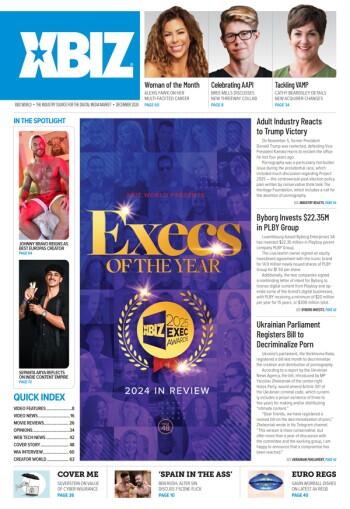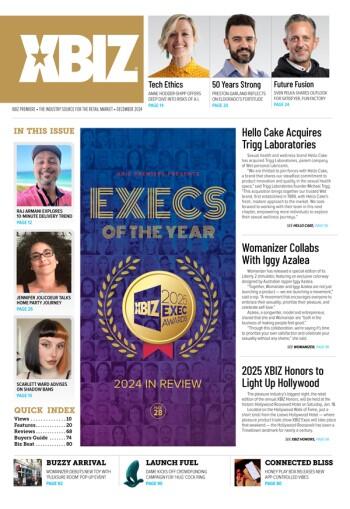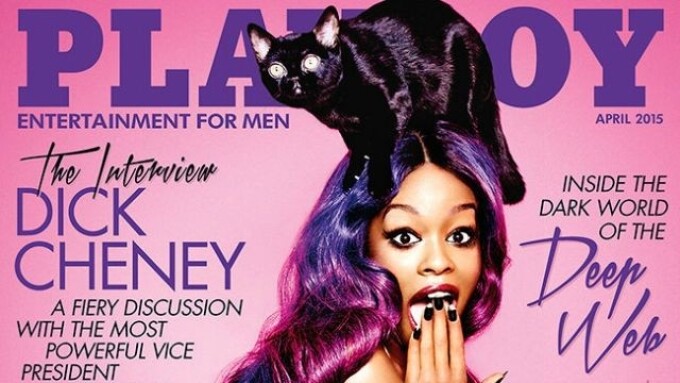NEW YORK — A federal judge yesterday didn’t buy the "frivolous" arguments that adding catty insults to Playboy's leaked nudes of hip-hop star Azealia Banks dressed as a kitten transforms the images to fair use, according to Courthouse News.
In the courtroom, U.S. District Judge Paul Engelmayer showed “impatience” with what he called MediaTakeout.com's arguments — that adding commentary to the pictures made it transformative use and a reason to dismiss Playboy’s suit.
"There is no merit to this motion to dismiss," the judge said. "Period. Full stop."
While MediaTakeout claimed to have a license to run the photograph, the judge said that the gossip site would have to prove it over the course of discovery.
Playboy Enterprises International’s lawsuit accuses MediaTakeout.com of having wrongfully "reproduced, distributed and publicly displayed" numerous "iconic photographic images" of the 24-year-old rapper in its magazine’s April 2015 edition.
Photographer Ellen Von Unwerth, who shot the photos of Banks, and Playboy registered the works with the U.S. Copyright Office in February 2015, according to the suit. Von Unwerth is not a party to the action filed at New York federal court.
Playboy in the suit said it discovered unauthorized copies of the images on the MediaTakeout.com in March 2015, before its magazines even hit newsstands.
The suit contains links to four URLs where MediaTakeout.com operators allegedly displayed the unauthorized photos.
Each link misspells Banks' first name with an extra caption such as "Nekkid Playboy" and "Loud-Mouth Rapper."
Playboy further said that the site’s operators doctored the images by affixing its "MediaTakeout.com" watermark to each poached photo, according to the suit.
"Upon information and belief, defendant knowingly altered and/or falsified copyright management information to conceal defendant's infringement of plaintiff's registered and unregistered copyright works," the complaint said.
The lawsuit, which seeks an injunction preventing further publication, is asking for damages of "up to $150,000 for each copyright infringement" and up to $25,000 for each violation of the Digital Millennium Copyright Act.








